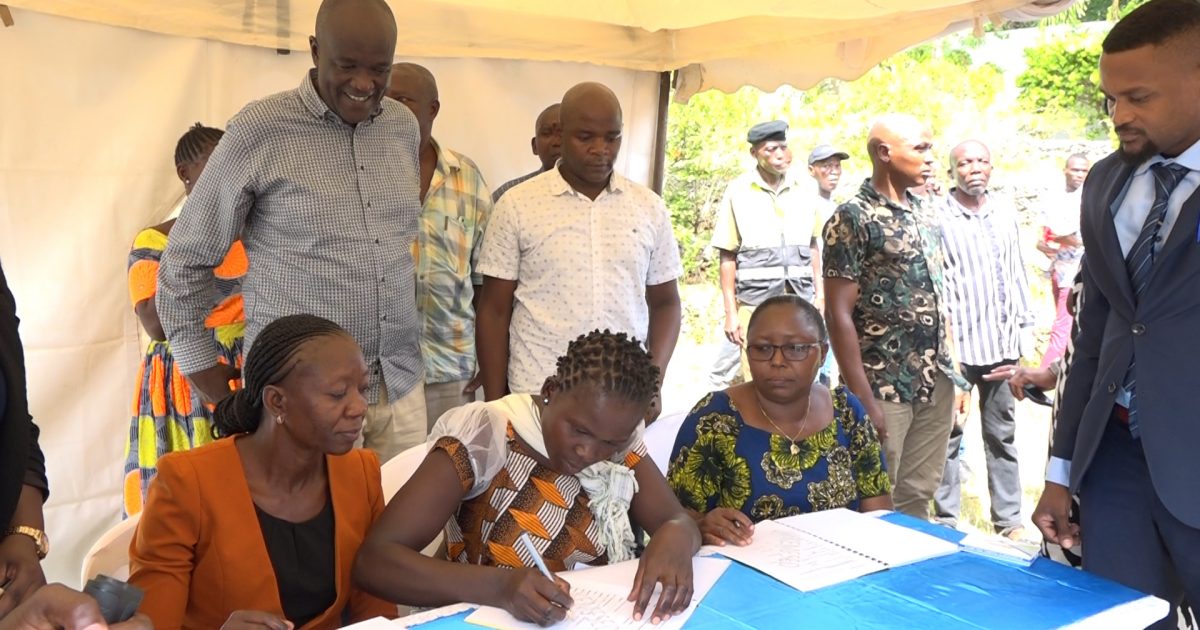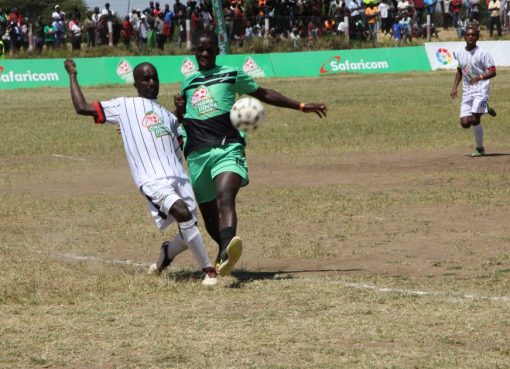The Kenya Marine and Fisheries Socio-Economic Development (KEMFSED) Project has awarded Sh983.7 million in grants to 287 self-help groups in Kilifi County since its inception.
Mr. Mung’aro said the funds include Sh590 million the county government recently received for the implementation of 152 sub-projects in phase three of the KEMFSED Project that commenced on Tuesday, about Sh380 million having been disbursed in the first two phases to 137 groups since the project started in 2020.
Meanwhile, the World Bank-funded project had also benefitted students in various basic and higher education institutions to the tune of about Sh15.2 million, Mr. Mung’aro said.
The Governor announced the signing of agreements between the County Chief Officer for Fisheries and the Blue Economy, Christine Pekeshe, and the KEMFSED Project Coordinator, Lucy Kapombe.
The county boss announced that beneficiary self-help groups are implementing various sub-projects across various sectors, including fisheries, the environment, livestock, agriculture, community development, and SMEs.
“Under phases one and two of the projects, 135 sub-projects are already in progress. With the commencement of phase three, the total number of sub-projects will rise to an impressive 287. These initiatives are set to benefit 15,030 members of the groups Kilifi County,” he said.
The ventures, which include 149 fisheries, 56 livestock, 51 agriculture, 18 social welfare, eight environmental, and five SMEs, which will benefit 15,030 Kilifi residents.
However, he urged the beneficiaries to be transparent as they implement the sub-projects because their success will help in building the economy of this county.
On the other hand, Governor Mung’aro announced that the World Bank had authorized and disbursed Sh470 million for the construction of a fisheries development centre in Kilifi town as well as provide modern fisheries equipment, build the county fisheries headquarters, and rehabilitate the fisheries offices in Kilifi.
The project received accolades from local leaders, who included Members of Parliament Kenneth Kazungu Tungule (Ganze), Paul Katana (Kaloleni), and Amina Mnyazi (Malindi), who said it had greatly improved the economic standards of families of groups implementing the projects.
Lastly, representatives of various self-help groups said the project had enabled them to implement various ventures that had enabled them to put food on their families’ tables, while students who have benefited from the project’s scholarship component gave exciting testimonies.
By Emmanuel Masha




